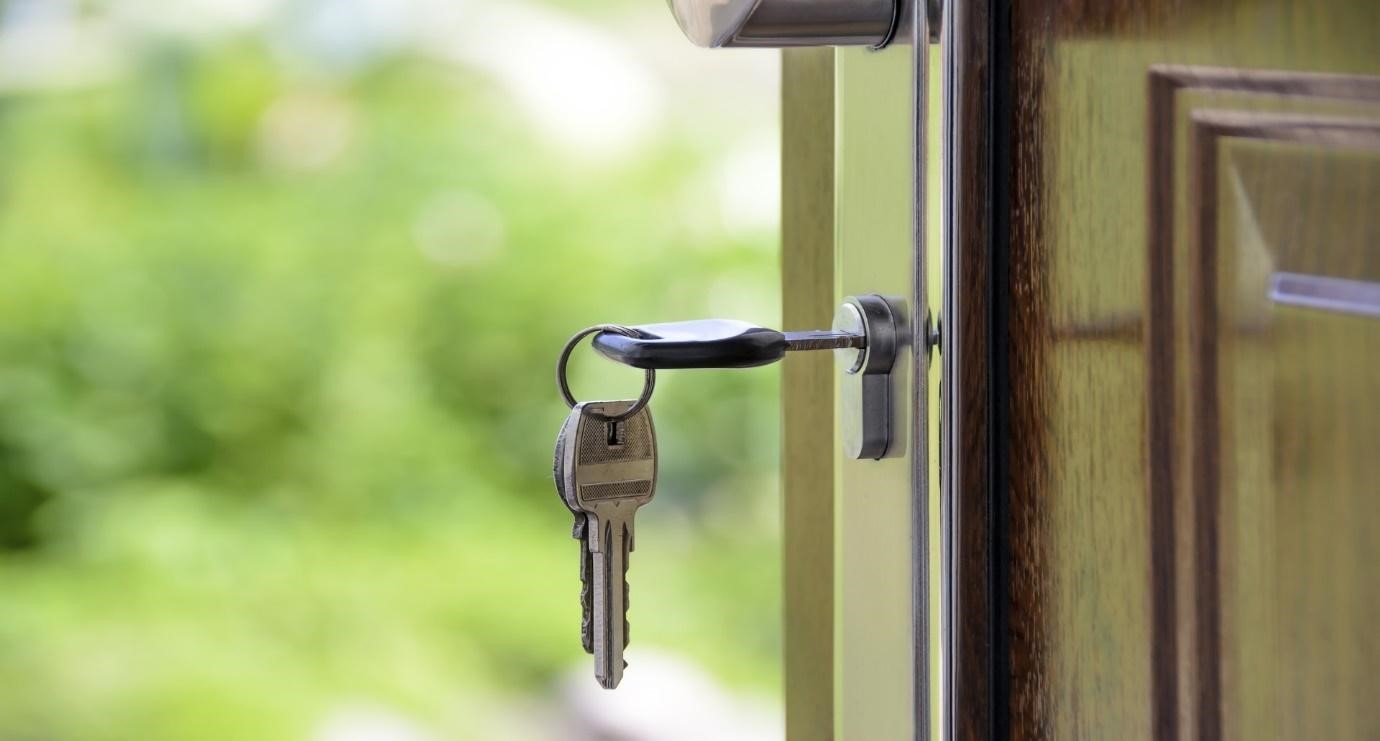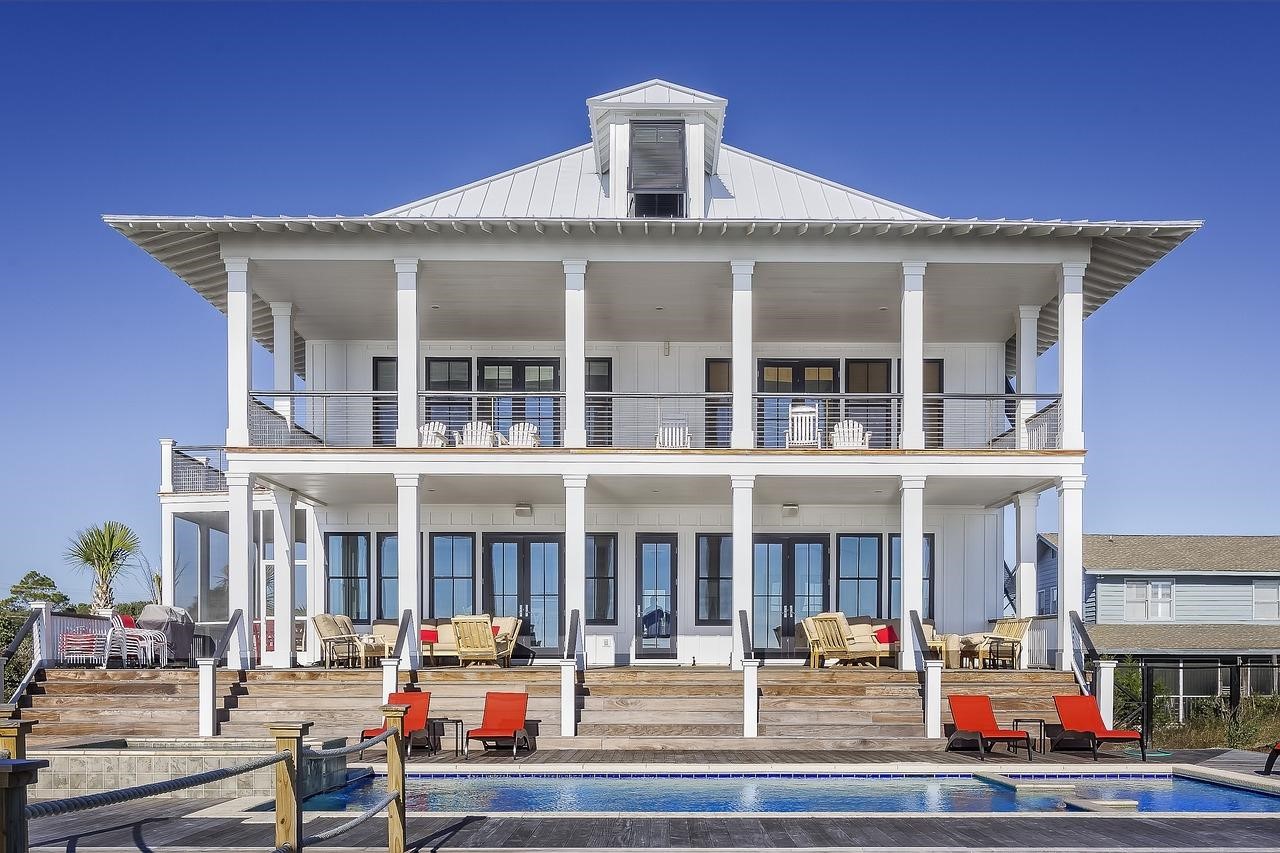The Namibian real estate sector was formerly a pillar of the country’s economy. It peaked in 2014 when Namibia achieved the country’s second house inflationary pressures behind Dubai1. Significant international real estate investments were placed in the nation during this time, which enabled the economy to remain strong. Every peak, however, is followed by a drop. Several elements caused a fall in the real estate market, including the faltering economies of Angola and South Africa, geopolitical unpredictability, and domestic corruption allegations.
The agricultural and horticultural sectors, which are among the main sources of income for the nation, were also impacted by a nine-year drought during the same period. As a result, local farmers had little alternative but to sell their cattle and, eventually, their land to escape bank foreclosure.
In Namibia, foreigners are only permitted to buy agricultural land with the previous approval of the Minister of Land Reform; over 300 farms were available on the marketplace with few or no buyers. The Bank of Namibia tried in 2017 to curtail the excessive demand for mortgage financing, pushing up already inflated home prices. It proposed a revision to the Loan-to-Value restrictions that required buyers of rental homes to make unusually large down payments.
The Very first Financial Institution of Namibia reported an all-yearly growth rate of minus 3.7percentage year over year2 in June 2019. Despite a slowdown in house price inflation, the quantity index3 saw a year-over-year rise of 27.4%, largely because of low-income housing purchases; Namibia still has a high real estate demand. The rate of declining home values has reached a crucial point. The Bank of Namibia examined the prior modifications to the Loan-to-Value restrictions and now requires lower commitments to buy rental properties to encourage real estate investment.
To stop overly frequent real estate foreclosures, the Bank of Namibia also decreased the Repo rate by 25 basis points.
Growth in the market for real estate leasing is an effect of declining home values. Like any financial downturn, people sell their vacation and business homes first. Once the best window for selling has passed, the market becomes oversaturated with these properties. With so many options available to buyers, most decide to rent a home instead of buying it, for the time being, hoping that home prices will continue to drop.
Due to the continued growth of Namibia’s tourist trade and the availability of platforms like Airbnb, landowners now have additional opportunities. Owners provide their homes for temporary rental to tourists instead of negotiating long-term lease agreements with renters. Namibians have a strong need for real estate. Hence there will always be more of it to meet demand.
Notwithstanding the country’s current economic crisis, Namibian property investment will remain an investment and not a burden as long as property managers and owners keep developing strategies and staying on top of the most recent market trends. Ellis Shilengudwa Inc. is a part of DLA Piper Africa, a Swiss association of independent legal firms collaborating with DLA Piper in Africa. An investment in property in Namibia will never become a burden, notwithstanding the current economic turmoil.



